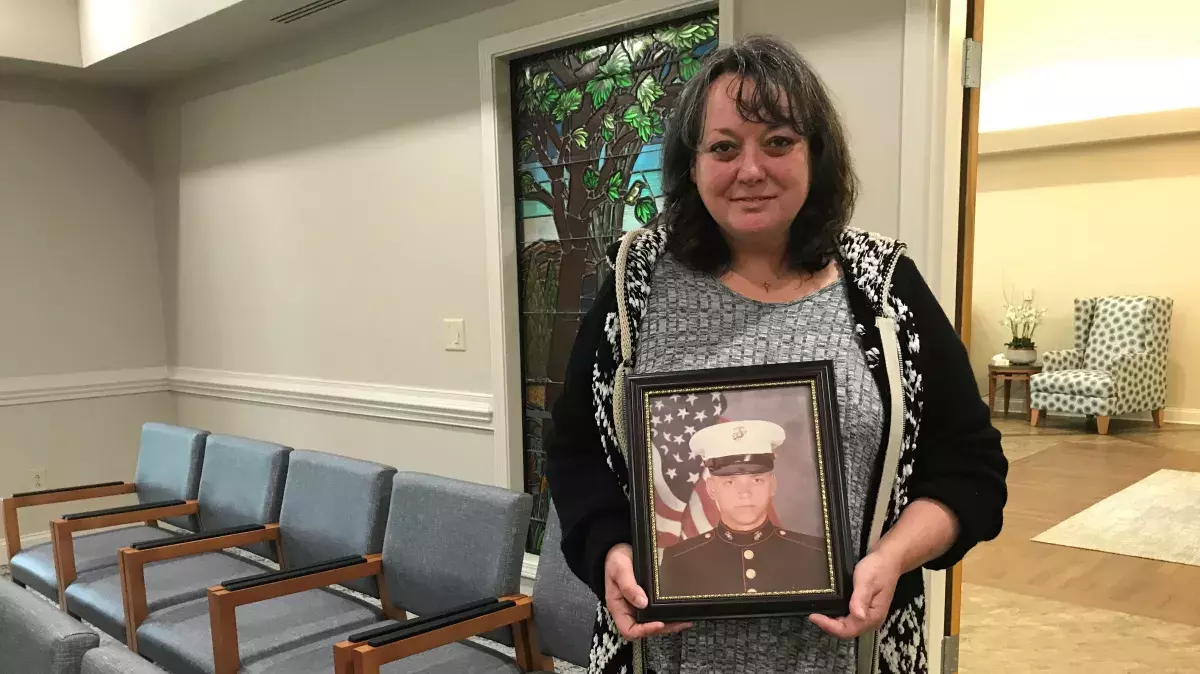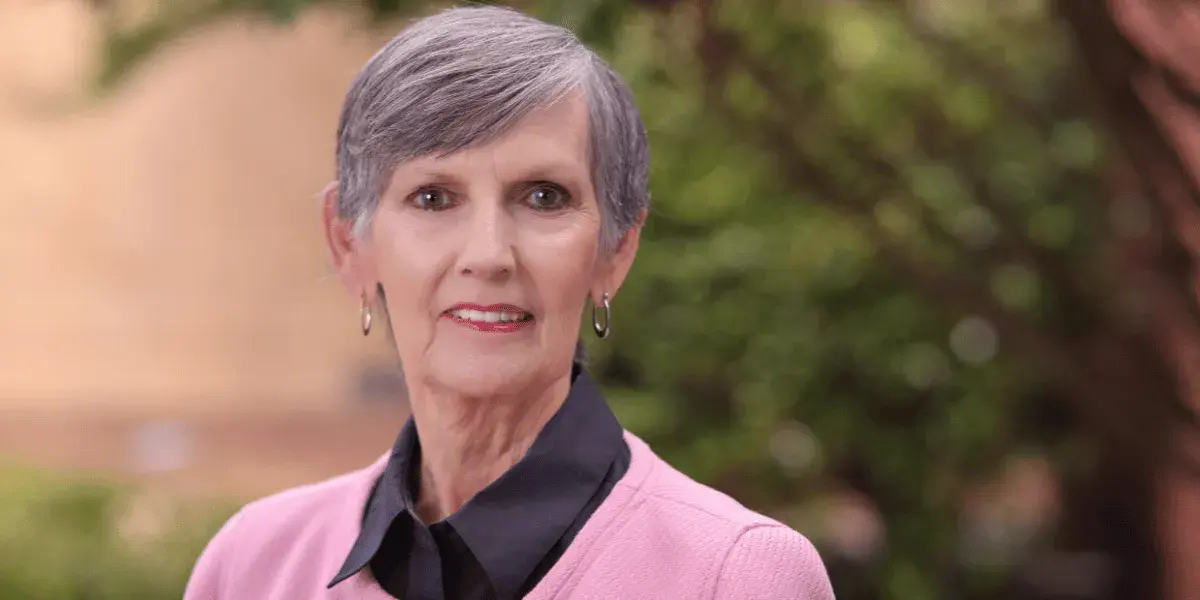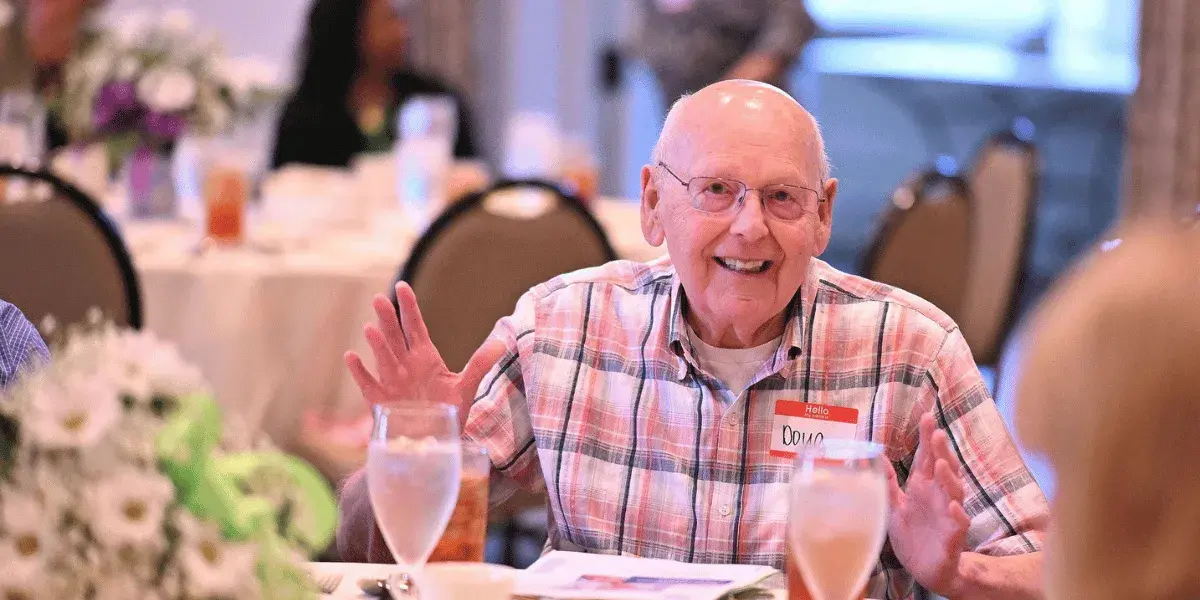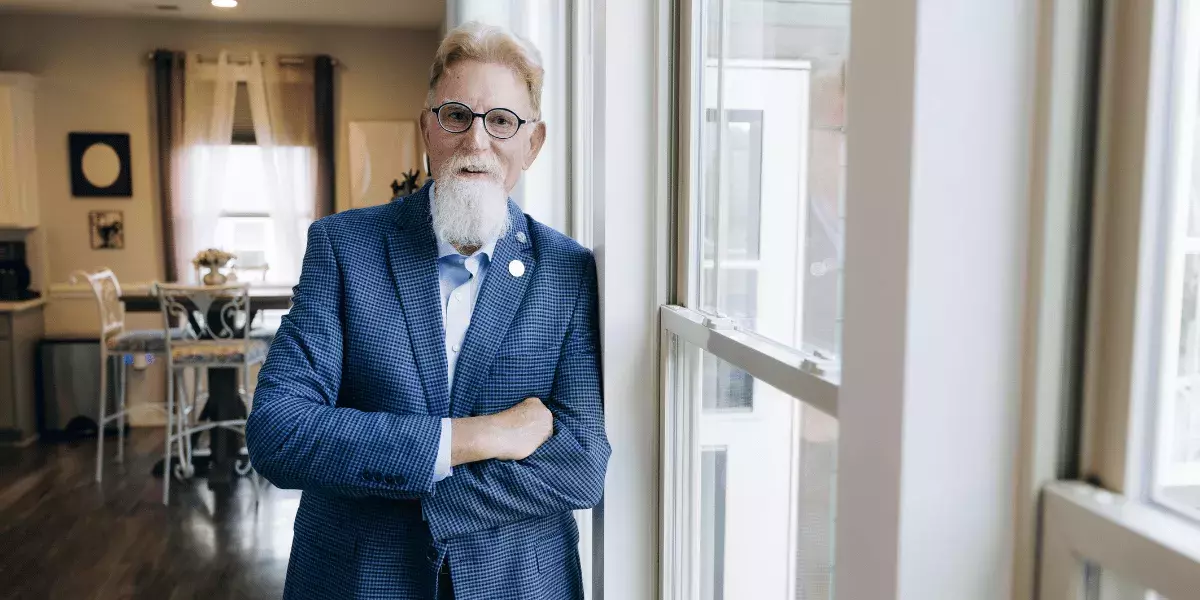
Bedside salutes among the ways hospice team honors, supports veterans
It was a Wednesday in early March, and family members of Marvin Willis had gathered at the Spartanburg Regional Hospice Home, where he was receiving end-of-life care.
Around 1 p.m., a special visitor joined them. It was William Hesse, a hospice chaplain and bereavement specialist.
Hesse is also a military veteran, and he was there to honor Willis. Both men served in the Marines.
As family members looked on, Hesse conducted a brief ceremony – a bedside salute to recognize Willis’ service. Hesse spoke of the lifelong vow to defend the Constitution that all military members take, and told Willis: “I’ve got your watch.”
Hesse explained later, “As veterans, we understand what it means to accept orders. And we understand what it means to have someone say, ‘Look, I’m going to have your back no matter what.’ It’s comforting.”
For some patients, the salute is “a good trip down memory lane,” Hesse said. They enjoy reflecting on their shared military experience and appreciate the opportunity to express their feelings. Some even tell stories their family members had not previously heard.
“That’s a cool thing about it,” Hesse said. “It can be a really good discussion.”
For those patients who may not be strong enough to hold a conversation or even hear Hesse’s words, the salute is a gesture aimed primarily at the family.
“Family members are proud of their loved one’s service,” Hesse said. “This just reinforces it for them.”
Marvin’s wife, Anna, believes he was aware of Hesse’s message of appreciation and support that afternoon at the Hospice Home.
And it was meaningful to her, she said. “It really touched my heart.”
Hesse began conducting bedside salutes about 15 years ago. At the time, he was a hospice chaplain in Florida.
“It has evolved some,” he said, adding that he has to be flexible according to the patient and family’s situation.
“Some groups that do these salutes like to involve a lot of pomp and circumstance. I tend to try to make it more pastoral.”
Hesse leaned toward the bed and stayed close to Willis as he spoke. He spoke in a casual tone and engaged family members in conversation.
There was one formal aspect to the salute: Hesse gave Anna an American flag that had been flown at the Hospice Home. It came in a special box and included a certificate of recognition.
The cost of these items is covered by the Spartanburg Regional Foundation’s Hospice Special Needs Fund.
For Veterans Day, the fund covers the cost of flags and certificates that staff and volunteers deliver to all veterans in the care of the hospice program.
Donations to the Hospice Special Needs Fund help the Spartanburg Regional Hospice team provide an extra layer of support for veterans – and other patients – in numerous other ways, as well.
The fund is used to help cover the cost of medications, utility bills and hospital beds for financially qualified patients. The fund also supports the delivery of meals at Thanksgiving for hospice patients and their loved ones, as well as other special occasions to bring families together to celebrate and build memories.
Hesse said he is grateful to donors who help make these special touches possible. He finds special meaning in being able to provide extra support for veterans and their families. Not only do they deserve to be recognized and appreciated, but many veterans have difficult memories and emotional scars. Hesse believes it is important for them to have a chance to talk about their experiences with a fellow veteran.
With the unique needs of these patients in mind, Spartanburg Regional Hospice takes part in We Honor Veterans (WHV) – a national program that brings together veterans as volunteers to visit with veterans in hospice care.
Hesse said many veterans “have a tendency to be stoic.” Veteran-to-veteran conversations can provide comfortable space for a patient to share memories and express emotions.
Hospice volunteer manager Kelly Hall helps recruit and organize volunteers for the WHV program. She said, “It is a true privilege to be with these patients and families at their most vulnerable time.”
Anna Willis said Marvin served in Somalia in the 1990s. They were married after he was out of the military, but the experience remained an important part of his life, she said.
Anna was grateful that the hospice team emphasized the military connection as part of his end-of-life care. “He was proud of his time in the Marines, and I appreciate their honoring him for his service,” she said.
To learn more about the Spartanburg Regional Hospice Special Needs Fund, please visit https://www.regionalfoundation.com/ways-give/hospice.












